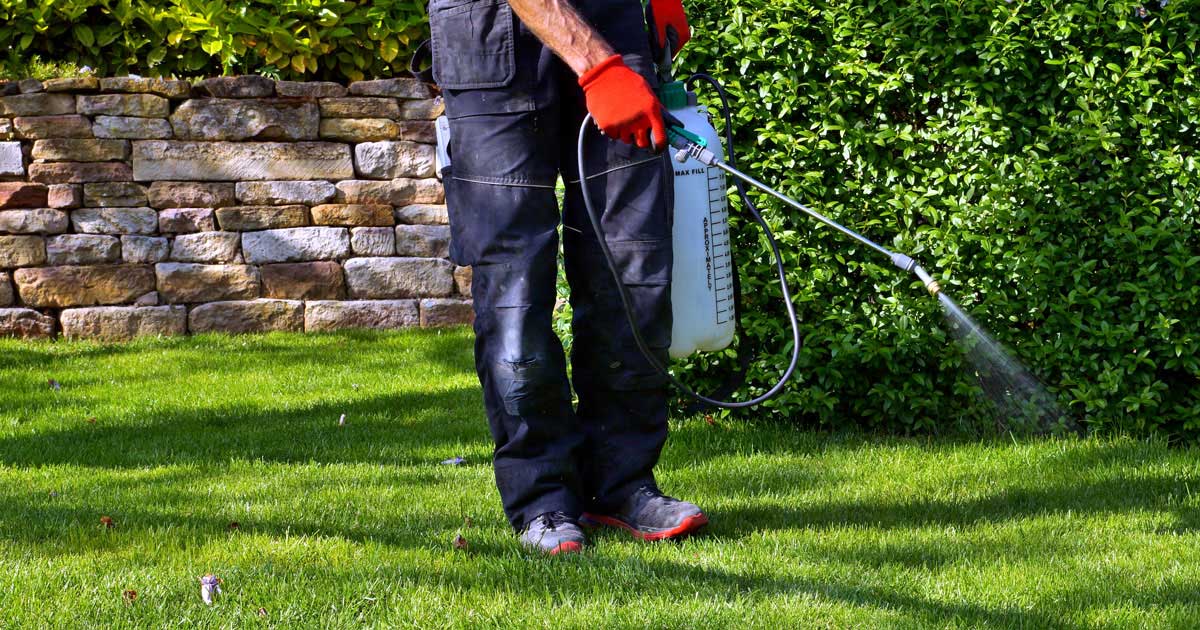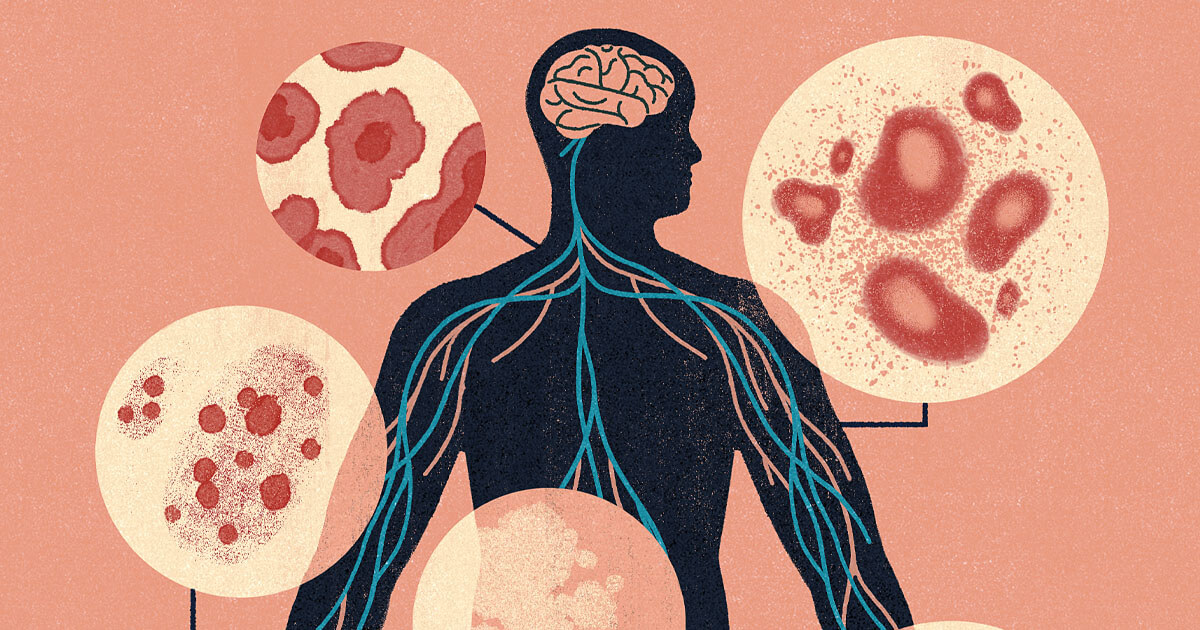Walking the streets of his New York City neighborhood, Olajide A. Williams, MD, professor of neuroscience at Columbia University, couldn't help but marvel at kids rapping Jay-Z lyrics word for word. “It was fascinating,” Dr. Williams said in an interview on PBS. “I thought, ‘What if we took health information and put it in a song that was just as cool as a Jay-Z rap?’ That was really how everything came about.”
Dr. Williams was describing the origins of Hip Hop Public Health (HHPH), an organization he founded in 2004 to promote public health through culturally relevant campaigns. In one of HHPH's earliest videos, rapper Doug E. Fresh, a founding collaborating artist and honorary board member, rhymes about how to spot the signs of stroke. An animated HHPH video called “Let's Talk About Salt” features Grammy winner Cheryl “Salt” James from Salt-N-Pepa describing the effects of a salt-heavy diet on blood pressure.
When the COVID-19 pandemic hit, HHPH began sharing messages about how to stay healthy, including one that stressed handwashing—a habit Dr. Williams thought was particularly important among younger Black people. “You've got all these fancy handshakes on the streets,” he says, “and we knew that was going to be a way the virus could transmit through our communities really quickly.” A three-minute video with cameos from Fresh, actor Jamie Foxx, and former NBA player Rasheed Wallace, among others, emphasized handwashing and social distancing as safety measures.
After the COVID-19 vaccines became readily available, HHPH launched “Community Immunity: A Rap Anthology About Vaccines,” animated videos with hip-hop songs encouraging viewers to get vaccinated. They star an animated Darryl “DMC” McDaniels (of Run-DMC), who is on HHPH's advisory board. Dr. Williams also performs in the videos.
Getting vaccinated has special urgency for the Black population. In the United States, Black people are nearly three times as likely as White people to be hospitalized with, and twice as likely to die from, the virus. Several factors have resulted in lower vaccination rates for Black people across the country, including a long-standing mistrust of the medical system, difficulty in taking time off from work, and lack of transportation or child care.
“Community Immunity” videos begin with McDaniels rapping, “I got the vaccine / You got the vaccine / They got the vaccine / We got the vaccine … It's about community immunity / I'm talkin' unity for you and me.” Each song then deals with a specific issue involving vaccinations, such as misperceptions and potential side effects. The second video contains some of the series' most potent messaging: “I'm the king of rock,” DMC boasts. “Trust me, believe me / We're not gonna have another Tuskegee.” The lyric refers to a study from 1932 to 1972 in which Black men with syphilis were recruited without their informed consent and intentionally denied penicillin so scientists could record the natural course of the disease.
HHPH's 90-second films cover plenty of ground while “keeping it real,” says Monique Hedmann-Maxey, MD, MPH, a family physician at Harbor-UCLA Medical Center in Los Angeles and a writer for and performer in the vaccine videos. “We wanted to be direct and address some of the concerns we were hearing.”
Dr. Williams feels good about the inroads the initiative has made but would still like to see higher vaccination rates among Black people. “Yes, we're disappointed, but we're also energized.”
The final video in the six-part series, which tackles the delta variant, alludes to a prolonged pandemic because so many Americans are unvaccinated. “We on the clock / Folks are not tryna get the shot,” Dr. Hedmann-Maxey raps. A few bars later, Dr. Williams sings: “Let's get it straight / If people don't vaccinate / We know that COVID will continue to spread and mutate.”
To expand the reach of “Community Immunity,” HHPH is working with government agencies, medical providers, and nonprofit organizations in some cities. In Baltimore, for example, the group has collaborated with the city's health department, public schools, Johns Hopkins' Center for Adolescent Health, HeartSmiles (an organization devoted to enriching youth in underserved areas), and the Johns Hopkins School of Public Health's International Vaccine Access Center to create Voices on Vax, a series of public service announcements with pro-vaccine verses from local rappers.
Expanding the campaign globally is a longer-term ambition, says Dr. Williams. “First we have to focus on our own communities of color to address the inequities and disparities that are causing such poor health.”
With the delta variant driving rates of infection to pre-vaccine levels in some areas of the United States, HHPH's mission is more vital than ever. Even in the face of another winter of COVID-19, Dr. Williams remains optimistic about his group's capacity to educate. “Anywhere we can make a difference in the lives of young people, you can count on Hip Hop Public Health doing its very best to be there.”

